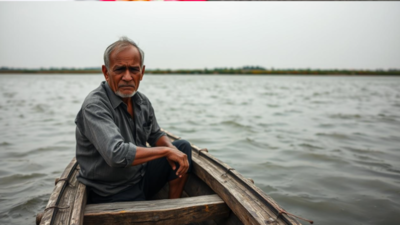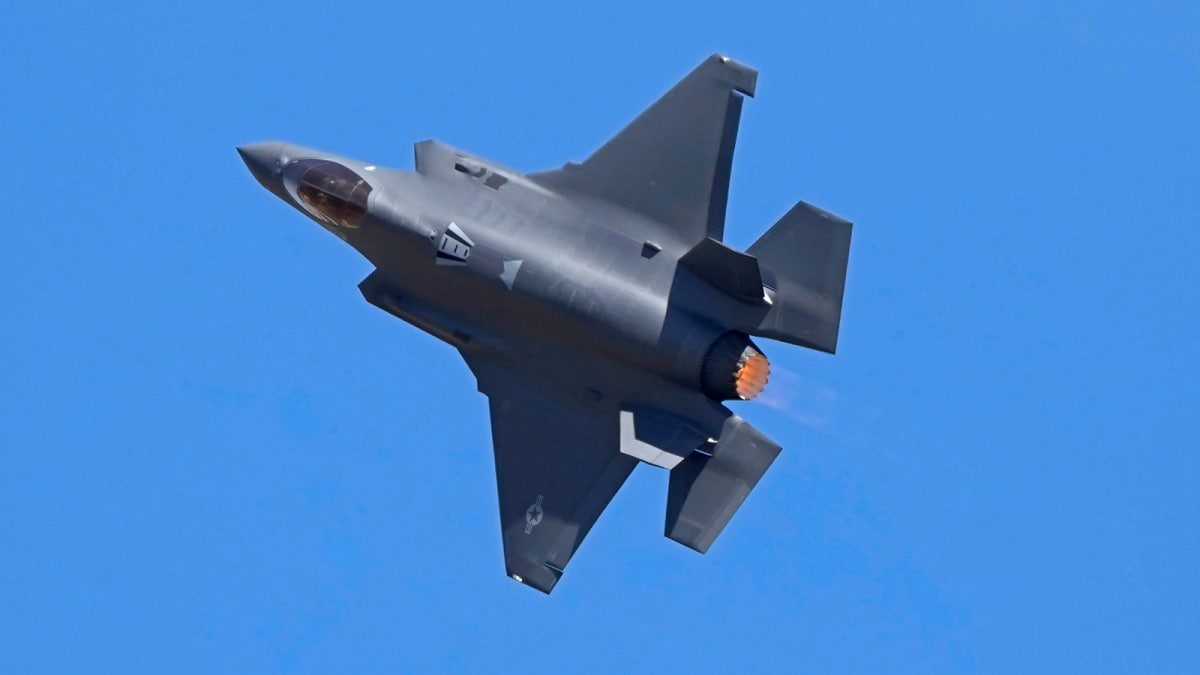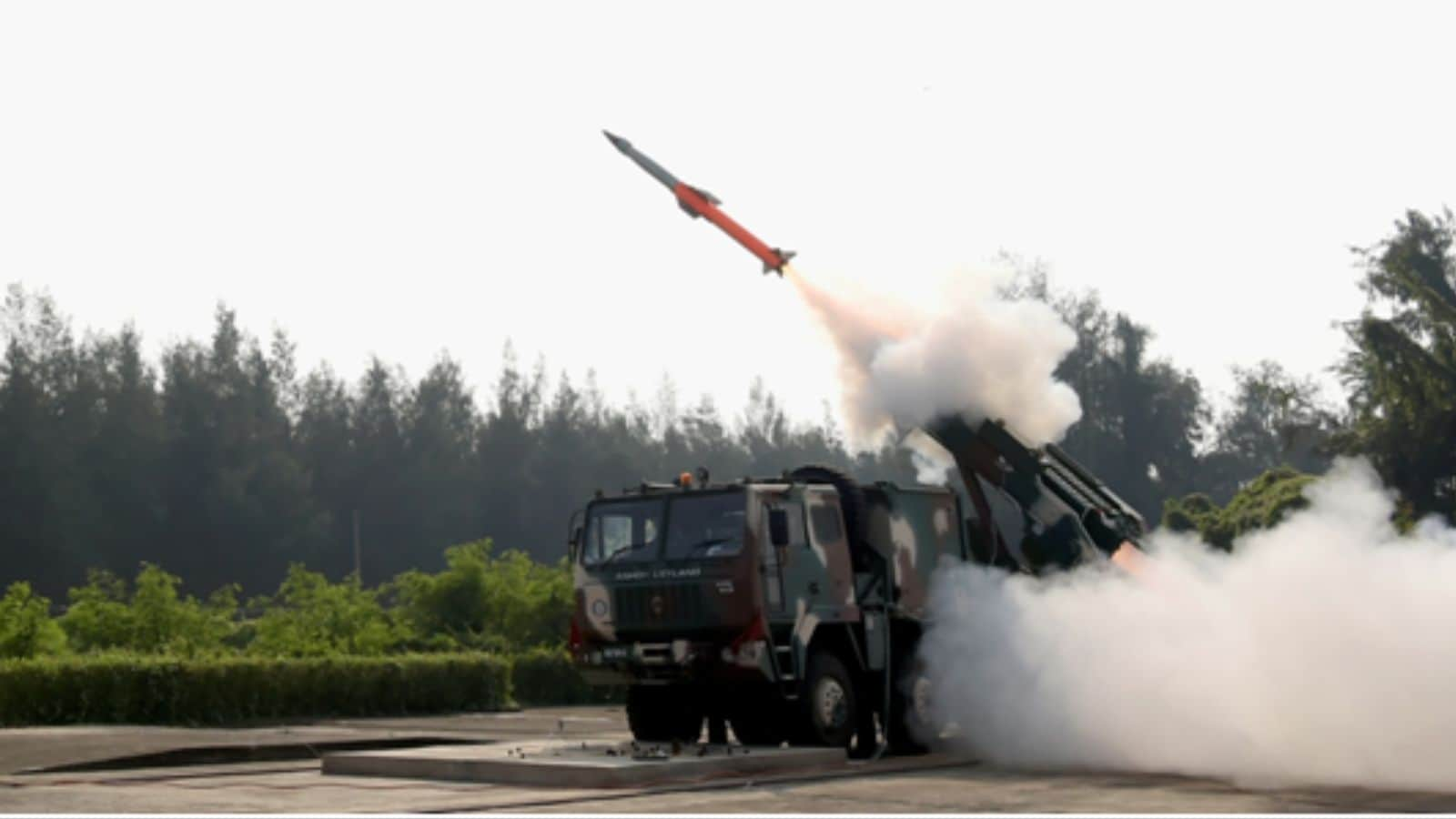ARTICLE AD BOX

Bangladesh fishers risk abduction in Myanmar border tensions
The trickling sound of the Naf River, which separates Bangladesh from Myanmar, echoes through the verdant lanes leading to Mohammad Siddiqui's hut. Just opposite his quarters in the Bangladeshi border town of Teknaf, the mountains of Rakhine state in Myanmar are visible.Siddiqui earns his livelihood as a fisherman in the river. "I head out to fish on my wooden boat at around 7 a.m. and come back home around 1 pm," the 24-year-old told DW."I love it and earn between 500-600 taka ($4-$5) a month, which helps me tend to the needs of my family of eight people, including two children," he added.However, fishing in the Naf has now become dangerous, with the Arakan Army (AA), a rebel group in Myanmar, operating in the region.
In May, a group of AA fighters abducted Siddiqui and two other fishermen. "In early May, I went to the Naf River as I always have and hauled my fishing nets into the water. I was with two other fishermen. Suddenly, we saw the AA coming by their engine-powered boat towards us, and they fired around 20 bullets at us," he said."They had a person on their boat who spoke to me in our local language, Bengali, put a gun to my head, and asked me why we crossed into their territory.
But we had not crossed Bangladesh's maritime border," Siddiqui said.He described how the AA handcuffed them, tied their legs, put them on their boat and took them to Rakhine state, where they were imprisoned."During our imprisonment, some AA members would also get drunk on wine and come and beat us," Siddiqui recalled.After two days, the Border Guard Bangladesh helped rescue the three fishermen following a call with the AA, and they returned to Teknaf."The entire incident shook me. I am suddenly scared to fish. During the time I was kidnapped, my wife cried a lot. Fishing is our source of livelihood and if I was killed, my family would struggle," Siddiqui said.
Dangerous tensions across Myanmar border
The AA, one of Myanmar's most powerful ethnic armed groups, has been fighting against the country's military since 2015. While there have been a couple of temporary ceasefires for humanitarian reasons or natural disasters like earthquakes, the fighting has intensified since 2023.Currently, the AA controls 14 of Rakhine state's 17 townships, as well as Paletwa Township in neighboring Chin State. In December, the AA also captured Maungdaw Township in Rakhine state, which is a key military stronghold and region in western Myanmar, bordering Bangladesh.Myanmar's military previously controlled the 270-kilometer (170-mile) maritime border between Myanmar and Bangladesh. But with the AA gaining power in Maungdaw, the control of the border fell into their hands.Since then, reports of Bangladeshi fishermen being abducted by the AA have become relatively common. Around 15 were captured and later rescued in February, and another 56 were kidnapped and rescued in March. "These incidents are causing significant frustration for both Dhaka and the Arakan," Thomas Kean, senior consultant for Myanmar and Bangladesh at International Crisis Group, an NGO, told DW."From the AA's perspective, illegal fishermen are encroaching on their territory without permission, and they think the problem is increasing and Dhaka and the local authorities are not doing enough to prevent it," he said.Kean added that the AA view itself as the legitimate authority in these areas, and would contend that their actions amount to law enforcement, not abduction."On the other hand, it is hard for Dhaka to consider the detentions as legitimate since AA is a non-state actor," he said.DW reached out to the AA to understand why they are abducting Bangladeshi fishermen, but did not get a response at the time of publishing.After fishermen were abducted in March, SK Ahsan Uddin, a Bangladesh government official, told the Turkish news agency Anadolu that Bangladeshi fishermen have occasionally drifted into Myanmar's territory to fish but have been repeatedly warned against it for their own safety.
'AA is threatening our livelihood'
Sipping on a cup of tea near the Naf, Mohammad Hussain, a fisherman who was also abducted by the AA with Siddiqui in May, said the river being closed for fishing in Bangladesh had resulted in some fishermen working very close or crossing the Myanmar maritime border."Fishing is our livelihood, and since there was a ban in one part of the river on Bangladeshi territory, some fishermen would cross the border. When the junta was in charge, they would question them briefly, but with AA currently in charge, it is dangerous and fishermen have been careful," he said.At the height of the Rohingya crisis in August 2017, the Bangladeshi government banned fishing in the Naf River to prevent drug trafficking and stop the Rohingya from entering the country on fishing boats, according to local media reports.The Rohingya are a mostly Muslim ethnic minority based in Rakhine state that were persecuted and driven out of their homes by Myanmar's military. Hundreds of thousands fled and continue to live in crowded camps across the border in Bangladesh.Bangladesh's interim government lifted the ban in February, allowing fishing within Bangladesh's waters between 8 a.m. and 4 pm local time.Lifting the ban brought fishermen in the area a lot of relief, but the presence of the AA across Bangladesh's maritime border with Myanmar has made them nervous and scared."I have been a fisherman all my life and a good catch is a win I cherish. But the AA fired at us and kidnapped us and now I am scared to fish," Hussain said.
"Every time we go fishing now, we recognize the sound of their boat's fuel-powered engine patrolling the border and we freeze," he said.Robiul Hassan, 22, who has been fishing since he was 6 years old and was also abducted by the AA in May, shares a similar fear."The AA is threatening our livelihood for no fault of our own, and our community does not feel safe. The village leaders have no money to buy us weapons to protect ourselves, so our families just pray for our safety when we go fishing.
The government should help us out," he told DW.Can Bangladesh engage with Myanmar rebels?So far, the Bangladesh Coast Guard and Border Guard officials have been rescuing the fishermen abducted by the AA.DW reached out to Bangladesh's Coast Guard to understand what safety measures they are taking to help the fishermen, but did not get a response at the time of publishing.Khandakar Tahmid Rejwan, an analyst at the Centre for Alternatives, a Dhaka-based think tank, said the ongoing abductions and harassment of fishermen by a non-state armed group like the AA highlight a lack of proactive measures from Bangladesh's interim government."It also reveals Dhaka's inability or unwillingness to pragmatically engage with a provocative foreign insurgent group, which employs gray zone warfare tactics to breach maritime boundaries, violate sovereignty and instill psychological fear," he told DW."This incident might have been acceptable if it had been isolated and exceptional. Instead, these events happen regularly, accompanied by arbitrary shootings, torture and inhumane treatment of fishermen by the AA over the past several months," he added."The AA is the de facto ruler of Rakhine and has become Bangladesh's new neighbor. It has battle-hardened troops, popular support, geostrategic depth and strong alliances with major rebel groups in Myanmar," he said, adding that Dhaka should begin an informal but strong understanding and engagement with the AA to ensure the safety of its people along the border.According to local media reports, Bangladeshi authorities began an unofficial engagement with the AA in December 2024. With tensions also mounting between Dhaka and Myanmar's military, Bangladesh's interim government defended this engagement with the AA and said it was a "necessity" in the country's interest.Rejwan said Dhaka should also involve think tanks, civil society members and local administrative representatives to foster dialogue with the AA and build mutual understanding on cross-border security issues.



.png)
.png)
.png)
















 14 hours ago
8
14 hours ago
8









 English (US) ·
English (US) ·